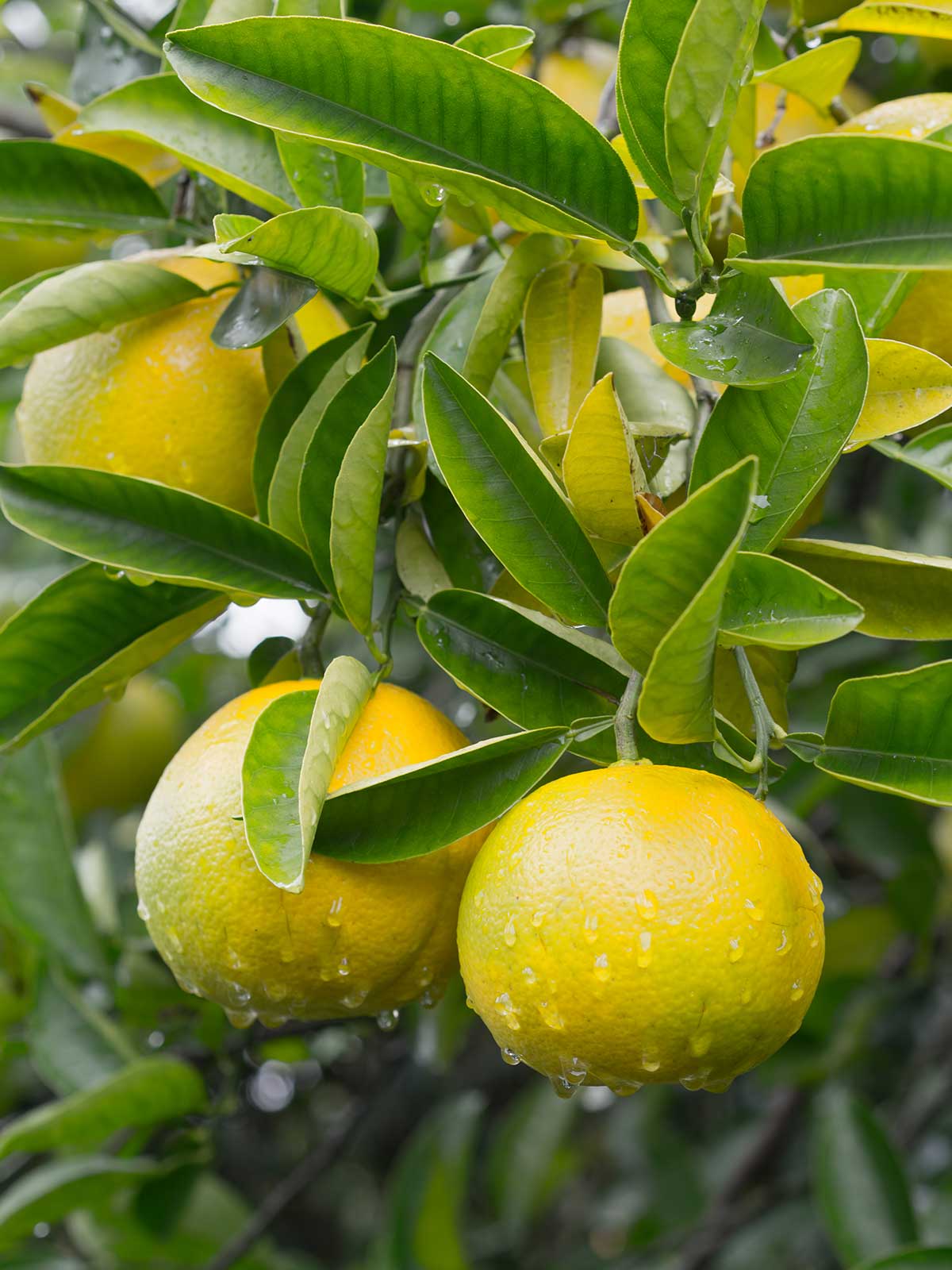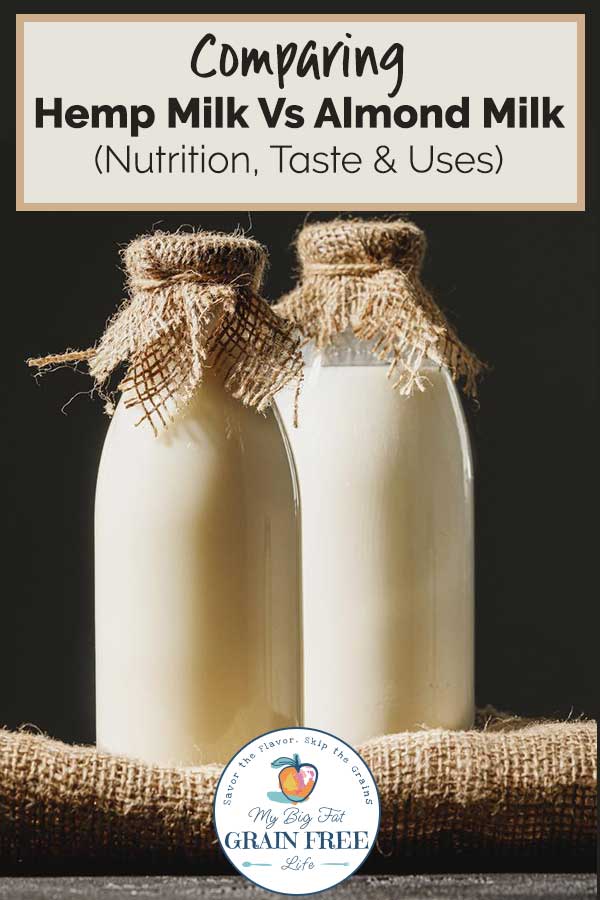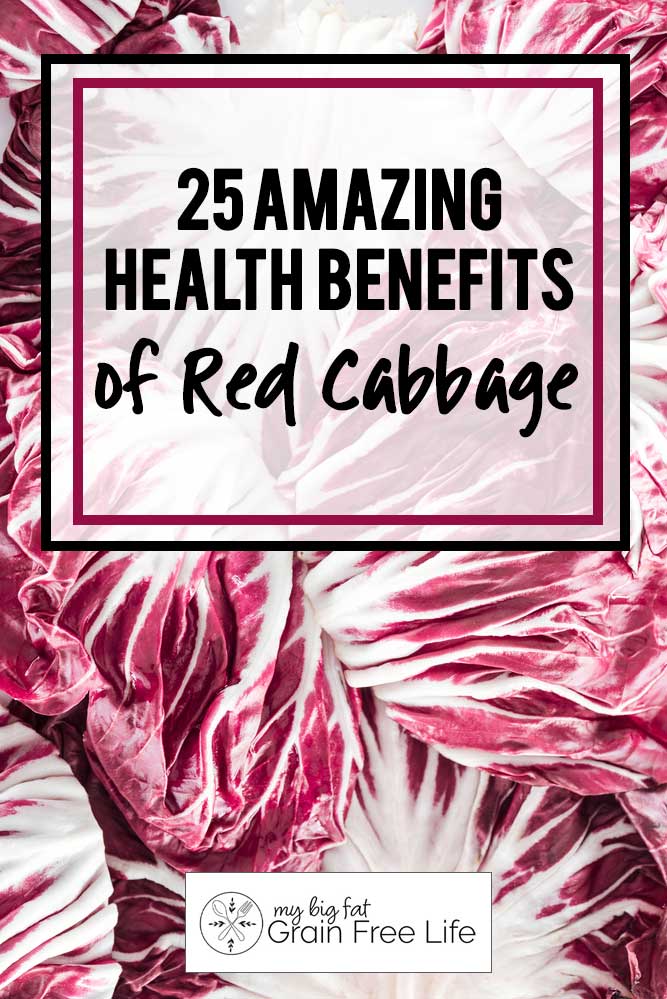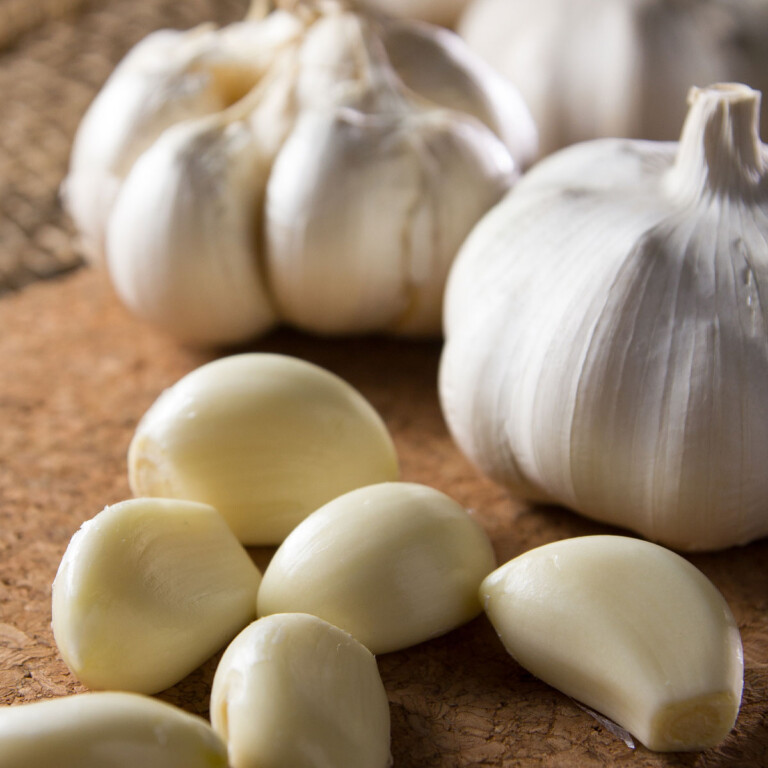Surprising Health Benefits of Yuzu Fruit + Ways to Use It
This post may contain affiliate links. If you make purchase after clicking a link, I may receive a commission at no extra cost to you.
Last Updated on February 13, 2024
Have you ever come across the yuzu fruit? If not, don’t worry, you’re not alone. This small citrus fruit, native to East Asia, is still relatively unknown to many people. Not only is yuzu delicious, but it also offers potential health benefits. Keep reading to learn all about yuzu fruit benefits.

Yuzu Fruit Benefits
In Japanese cuisine, yuzu has played a significant role for centuries. The distinctive citrus flavor and fragrance of yuzu fruit have made it a popular choice in sauces, seafood dishes, desserts, and even salad dressings.
Not familiar with yuzu fruit? Let’s take a look at what yuzu is.
What is Yuzu Fruit?
Yuzu fruit, scientifically known as Citrus junos, is a small grapefruit-sized citrus fruit with a sour taste.
It is commonly used in Japanese cuisine and Asian dishes. The fruit itself has a thick, bumpy skin that is rich in essential oil and possesses a fragrant aroma. Yuzu peel zest and juice are the most commonly used parts of the fruit.
History of Yuzu Fruit
Yuzu fruit has a long history in Japanese culture and traditional medicine. It has been cultivated for centuries and holds significance during the winter solstice celebrations in Japan.
Beyond its culinary use, this East Asian fruit has been utilized for its fragrance in bath rituals known as yuzu baths. It has gained popularity outside of Japan and can now be found in specialty stores, a Japanese market, or Asian grocery stores in other parts of the world.

Yuzu Fruit Nutrition Facts
Yuzu is relatively low in calories and fat. It is also a good source of vitamin C and contains several beneficial antioxidants, such as flavonoids and limonoids. Here’s a look:
Vitamins & Minerals
- Vitamin C: Yuzu fruit has a high vitamin C content. It provides about 90 milligrams of vitamin C per 100 grams, which is more than the recommended daily intake for adults.
- Potassium: Yuzu fruit contains a moderate amount of potassium, which is essential for maintaining proper heart and muscle function.
- Calcium: Yuzu fruit also contains some calcium, which is important for healthy bones and teeth.
Antioxidants & Other Nutrients
- Flavonoids: Yuzu fruit is packed with bioactive compounds and key flavonoids like hesperidin and naringenin, which have powerful antioxidant properties. These antioxidants help protect the body against free radicals and oxidative stress.
- Fiber: Yuzu fruit contains dietary fiber that aids in digestion and helps maintain healthy bowel movements.
- Citric acid: Yuzu fruit has a high citric acid content, which gives it its distinctive tangy flavor.
Health Benefits of Yuzu Fruit
Here are some impressive yuzu fruit benefits:
Rich in Vitamin C
Yuzu fruit is packed with Vitamin C, which boosts the immune system and helps protect against common illnesses like colds and flu.
Powerful Antioxidant
Yuzu contains high levels of antioxidants that help neutralize harmful free radicals in the body, reducing the risk of oxidative damage and chronic diseases such as heart disease and cancer.
Boosts Digestive Health
The fiber content in yuzu promotes healthy digestion by aiding in proper bowel movements and preventing constipation.
Improves Skin Health
The vitamin C and antioxidants in yuzu fruit help promote collagen production, keeping the skin firm, youthful, and radiant.
Supports Weight Loss
Yuzu is low in calories and high in fiber, making it a great addition to a weight loss diet as it can help you feel full for longer periods.
Reduces Inflammation
The anti-inflammatory properties of yuzu fruit can help alleviate chronic inflammation symptoms of conditions such as arthritis and asthma.
Enhances Heart Health
Yuzu contains potassium, which helps regulate blood pressure levels and reduces the risk of cardiovascular diseases.
Boosts Brain Function
The antioxidants present in this Japanese citron may have neuroprotective effects, improving cognitive function and reducing the risk of age-related cognitive decline.
Supports Eye Health
Yuzu is rich in vitamin A and antioxidants that promote good vision and protect against eye-related disorders like cataracts and macular degeneration.
Strengthens Immune System
The combination of vitamins C, A, and antioxidants in yuzu fruit helps strengthen the immune system’s ability to fight off infections and diseases.

Yuzu Fruit Benefits
We’re not done yet! Here are ten more yuzu fruit benefits.
Regulates Blood Sugar Levels
Yuzu contains compounds that may help regulate blood sugar levels, making it beneficial for individuals with diabetes or at risk of developing diabetes.
Anti-Aging Properties
The antioxidants found in yuzu fruit can help slow down the signs of aging by reducing oxidative stress and protecting against cellular damage.
Supports Liver Health
Yuzu contains compounds that support liver function, aiding in detoxification and promoting overall liver health.
Improves Respiratory Health
The natural aromatic compounds present in yuzu fruit can help relieve respiratory symptoms such as congestion, coughs, and sore throats.
Promotes Hair Health
The vitamin C content in yuzu fruit aids in the production of collagen, which strengthens hair follicles and promotes healthy hair growth.
Enhances Bone Health
Yuzu is a good source of minerals like calcium and magnesium, which are essential for maintaining strong bones and preventing osteoporosis.
Reduces Allergy Symptoms
The anti-inflammatory properties of yuzu fruit may help alleviate allergy symptoms such as sneezing, itching, and congestion.
Boosts Mood
The citrus scent of yuzu has mood-enhancing properties that can help reduce stress, anxiety, and improve mental health as well as overall health.
Supports Healthy Blood Circulation
Whole yuzu fruits contains compounds that can help improve blood circulation, ensuring adequate oxygen supply to all parts of the body.
Provides Natural Energy
Yuzu fruit contains natural sugars and B vitamins that provide a healthy energy boost without causing a spike in blood sugar levels.
Other Unique Fruits You Might Be Interested In:
- Snake Fruit
- Yellow Watermelon
- Quince Fruit
- Calamansi
- Pineberries
- Clementine vs Mandarin vs Tangerine
- White Apples
- Rambutan
- Sapote

How to Select and Store Yuzu
It’s important to store citrus fruit the right way so you can enjoy the jucy freshness of it.
When selecting fresh fruit, look for yuzus that are firm and have bright yellow or greenish-yellow skin. Avoid fruits with blemishes or soft spots.
Yuzu can be stored at room temperature for a few days, but for longer storage, refrigeration is recommended. Alternatively, you can freeze yuzu juice or zest for future use.
How to Use Yuzu Fruit
Yuzu is rarely consumed as a whole fruit due to the acidity. Rather, the juice, rind, and zest are more commonly used in various recipes. Here are some ways to use yuzu:
- Squeeze the juice: Use fresh yuzu juice in drinks like infused water, tea, or cocktails.
- Zest it up: Grate the zest of yuzu to add a burst of citrus flavor to dishes.
- Make a dressing: Create a tangy and salad dressing by combining yuzu juice with olive oil, coconut amonios, honey, and your favorite seasonings.
- Infuse oils or vinegars: Add sliced yuzu fruit to oils or vinegars for an infusion that can be used in dressings, marinades, vinaigrettes, or dipping sauces.
- Preserve it: Make your own yuzu marmalade or preserves by cooking the fruit with sugar until thickened.
- Bake with it: Incorporate yuzu zest or juice into cakes, cookies, muffins, or breads for a nice citrus twist.
- Enhance seafood dishes: Use yuzu juice as a finishing touch on grilled fish or seafood dishes to brighten flavors and add acidity.
- Create icy treats: Freeze yuzu juice into ice cubes and use them in drinks or blend them into homemade sorbets.
- Mix up mocktails: Add yuzu juice to your favorite low-sugar mocktails like margaritas, mojitos, or martinis.
- Experiment with sauces: Combine yuzu juice with other ingredients like soy sauce, ginger, garlic, and chili peppers to create flavorful dipping sauces for sushi rolls or dumplings.
- Yuzu tea: Yuzu tea is a traditional Japanese citrus tea made from the juice and zest of the yuzu fruit.

Tips for Consuming Yuzu
If consuming fresh yuzu fruit, keep in mind that it has a sour flavor profile that may require moderation depending on personal taste preferences.
You can dilute the juice with water or other ingredients if desired. Additionally, be cautious when using yuzu oil as it is highly concentrated and should be used sparingly.
Risks and Side Effects
Yuzu fruit is generally safe to consume for most individuals when consumed in moderation as part of a balanced diet. However, some people may experience allergic reactions to citrus fruits like yuzu.
If you have known citrus allergies, it is advisable to avoid yuzu consumption. As always, it’s best to consult with a healthcare professional before making any significant changes to your diet.
Frequently Asked Questions about Yuzu Fruit
Do still have some questions about yuzu fruit? We’ve got answers!
Does Yuzu Fruit Cause Blood Sugar Spikes?
Yuzu does not cause significant blood sugar spikes. In fact, studies have shown that yuzu may actually help regulate blood sugar levels due to its potential anti-inflammatory properties and ability to improve blood flow.
However, it’s important to note that individual responses to food can vary, so it’s always advisable to monitor your blood sugar levels after consuming any new food.
Can You Eat Yuzu Like an Orange?
While yuzu fruit may resemble a Mandarin orange in appearance, it is generally not consumed in the same way. Due to its intense sour flavor and presence of seeds, eating a whole yuzu fruit like you would an orange will not be as enjoyable.
Is Yuzu a Superfood?
Although it’s not typically classified as a superfood, yuzu does possess several characteristics that make it a nutrient-rich fruit. While it may not have the same level of mainstream recognition as some other fruits, yuzu’s unique flavor and nutritional profile certainly make it a valuable addition to a healthy diet.
Does Yuzu Lighten Skin?
While yuzu extract and yuzu-infused products are sometimes used in skincare routines due to their refreshing fragrance and potential antioxidant properties, there is limited scientific evidence to suggest that yuzu has skin lightening effects.
Why Is Yuzu So Expensive?
Yuzu is primarily cultivated in Japan and other parts of East Asia, making it less readily available compared to other citrus fruits like lemons or oranges. The fruit itself has a short harvest season and requires careful handling due to its delicate nature.
Additionally, the process of extracting pure yuzu juice or oil can be labor-intensive. These factors contribute to the limited supply and higher production costs, resulting in the higher price tag.
Sources
- https://pubmed.ncbi.nlm.nih.gov/20492298/
- https://pubmed.ncbi.nlm.nih.gov/24336775
- https://www.ncbi.nlm.nih.gov/pmc/articles/PMC7555663
- https://pubmed.ncbi.nlm.nih.gov/20492298
- https://pubmed.ncbi.nlm.nih.gov/23719224
- https://www.nutritionix.com/food/yuzu
- https://www.scielo.br/j/cta/a/ZZbpgKGBh35Ft5khs3HkqSz/?lang=en









